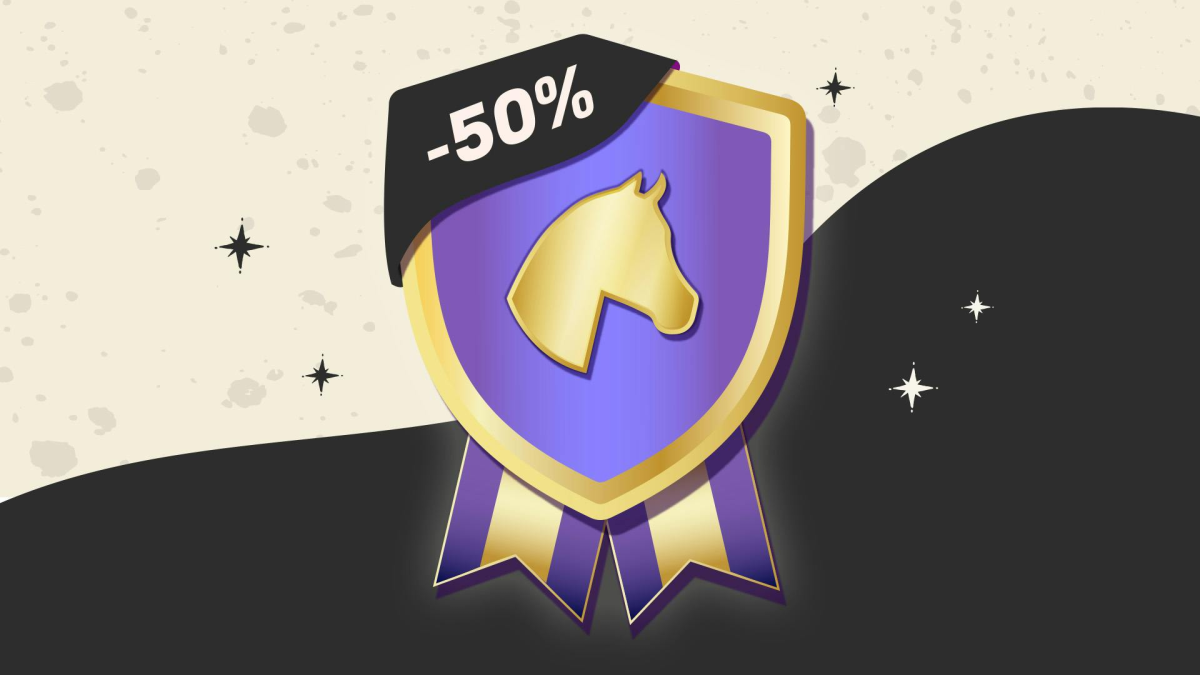Diablo IV, Halo Infinite, and Pokémon Go are only a few of the many games tainted by microtransactions. Unfortunately, this is a common and expected practice, particularly for mobile or PC games with a competitive scene. Gamers and governments alike have viewed everything from loot boxes to downloadable content as predatory, especially when impressionable young people make up a significant part of the audience.
The European Union (EU) is starting to take action to stop in-game currencies. EU policymakers have taken a bold stance. They suggest these purchases manipulate players to continually make purchases, whether for a temporary power-up or access to additional levels.
Recent attention has been paid to Star Stable Entertainment, the producer of Star Stable Online. The Consumer Protection Cooperation Network (CPCN) is asking the company to increase transparency about the value of in-game currency. The game’s financial system is not a one-to-one representation of the country’s money. In other words, the world’s star coins do not translate to Euros, which could confuse players about how much value they get for their real money.
The predatory nature of these shops goes deep. First, the companies take advantage of the confusion, leading to repeated purchases. Additionally, businesses use limited-time promotions, bundles and scarcity mentalities to urge impulse buys. Finally, most games are not clear about integrating overtly commercial content.
Surveys suggest that 70% of video game industry participants believe staying ahead of the competition will only become more challenging. Talent is harder to find and increasingly expensive. Games require more resources to produce and maintain.
These influences tempt companies producing AAA games to incorporate microtransactions as another income stream. However, the negative impacts do not justify the outcomes. Additionally, many companies likely use these exploitative practices to make purchases more profitable.
The rest of the world is taking note of this as well. Nations like the U.S. are gathering information about these systems to potentially alter the Electronic Fund Transfer Act. Proposed changes would provide deeper protections for gamers. In games like Roblox, players can convert in-game currencies into real cash. The law’s adjustments would have more thorough coverage to prevent ethical quandaries and reduce the risks of person-to-person transfers.
In May 2025, there were also calls to change the EU’s Digital Fairness Act. The CPCN provided recommendations for fair virtual currency practices, including:
- Removal of forced purchases
- Understandable contractual terms
- A right to withdraw purchases or receive refunds
Many believe these trends are akin to gambling, making their normalization concerning for parents and people who are financially vulnerable. The act’s mission letter calls this an “addictive design.” It is becoming too easy to accidentally make a purchase or downplay the financial damage of countless microtransactions.
The Digital Fairness Act suggests microtransactions put “unnecessary pressure on consumers through false urgency claims.” The burdens become more harmful when social media influencers come into play.
People’s favorite personalities on platforms like YouTube and Twitch can promote continued participation in microtransactions. Intentionally or not, content creators can rely on their parasocial relationship with viewers to encourage this practice.
The pay-to-win model took the world by storm before governments could establish safe business practices. It is better late than never, but gamers, parents, and other stakeholders must maintain the momentum of these efforts. It will create safer gaming communities for all ages and protect everyone from deceptive and manipulative corporate practices.




